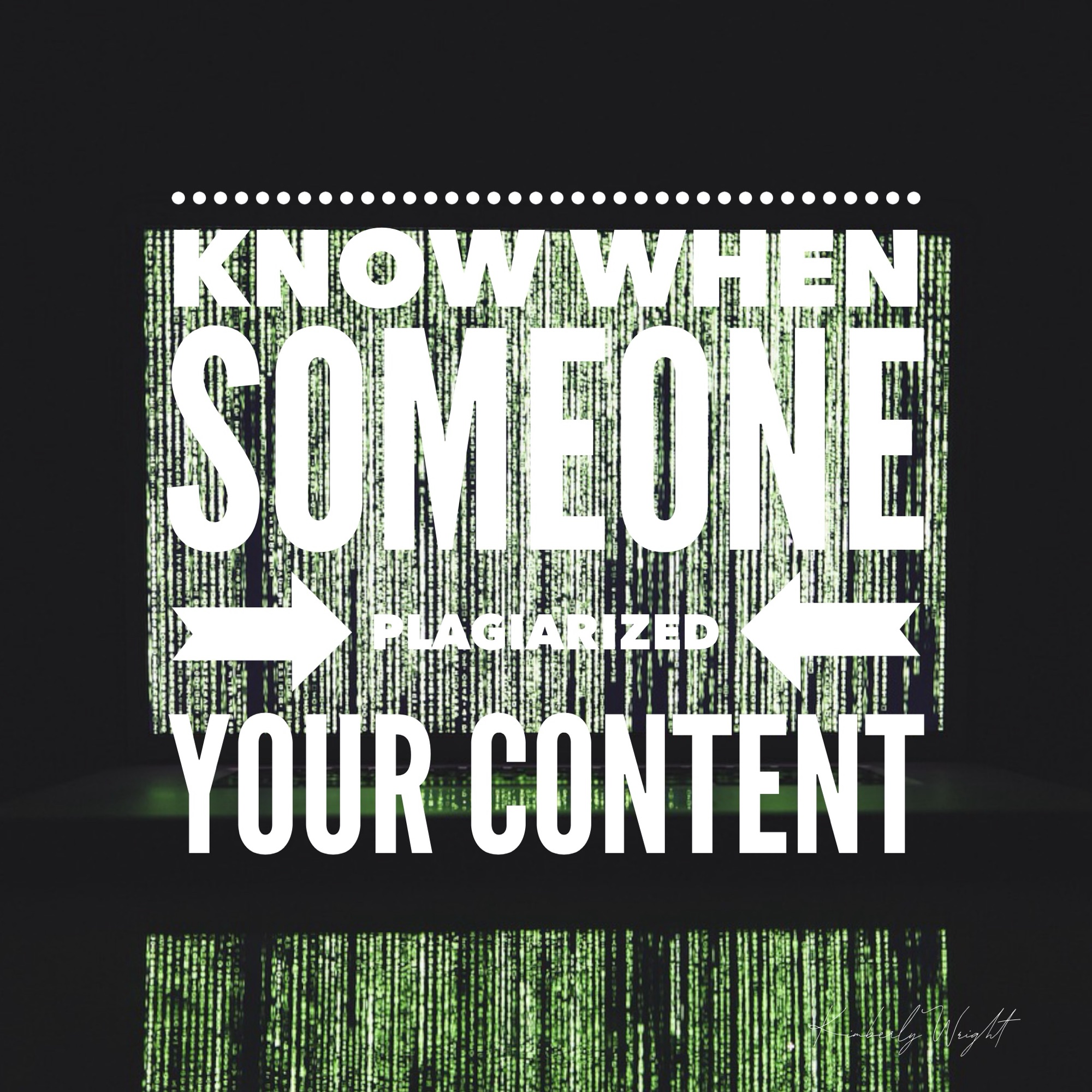I ran across this not-so-funny issue attempting to apply for a freelance writing “job.” Wow. Some people are desperate and apparently steal from others. Even those who offer to hire you as a writer, steal your work and then refuse to pay you, claiming “rights” to your work. They throw plagiarism of your work in your face in a sociopathic attempt to throw off blame. Geez.
And I refer to both the company “hiring” freelance writers and the trolling thieves, by the way.
So, seriously, if you are a freelance writer, avoid these people. I know we want the work, but truly writing for creeps who think they own your written work and ideas, is not worth the time. While I do search continuously for websites and content mills that actually hire workers, treat them well, and pay them, I find more and more, we need to make a collective agreement as writers to stand against some of them.
Far too often, I find myself pursuing a blog and signing up for emails, only to find out that the content is simply regurgitated. What I mean is that people who are not writers or special needs parents, or whatever blank you fill in, just write what someone else wrote to make money. While that isn’t really plagiarism, it does show a lack of research.
The frustrating thing about this is that (even if you need the money that bad), is that it spreads misinformation. So, let’s talk about what plagiarism really is and get to writing REAL content that rocks.
What to do if someone falsely accuses you?
I say this as soon after I read a general job description of what plagiarism is to some people. I write this because I do not condone it, but only a skeevy creep could accuse me of plagiarism.
Further, you need to keep a backup of all of your work written off your blog, plus a blog backup of all your blog content. Within each copy, your blog holds a digital timestamp of publication. If someone falsely accuses you, stand on the truth of your laurels. They certainly do not have enough to do if they throw wild accusations your way.
What is plagiarism?
The Merriam-Webster Dictionary states specifically:
The act of using another person’s words or ideas without giving credit to that person : the act of plagiarizing something
With that, I add that when you specifically copy word for word what someone says, then use it as your own, you plagiarize. It is really simple.
Think about the kids in school who used to look at their neighbor’s paper or test to copy it word for word. Eventually, they get caught because well, it gets a bit obvious. The same thing is true here.
Copy someone’s work word for word and it gets noticed eventually—even on the Internet.
What plagiarism is not
Generally speaking, plagiarism generally falls under the cut-and-paste rule. But, if you use a similar idea, especially in the nonfiction realm, it really remains difficult to scream plagiarism.
Plagiarism is not the following:
- A new twist on a used idea
- Something old written with new evidence (as long as you do not cut and paste)
- Lists that contain a similar heading, but are simply different
- A new spin on a popular topic
- Your own words, rewritten
- Different content with a similar title
You can protect yourself by
There are many ways to both protect your written and creative work, as well as find out when someone has copied your work. While I do not discount someone copying your work, all is not lost, because you hold the keys to your content.
You wrote the words and created your unique ideas for your audiences. No one can replace that unique sequence, no matter how hard they try.
That being said, you may do a few things to help protect yourself and your work with the following steps.
- Place a warning button on your blog (look for mine)
- Sign up for copyright website buttons like Copyscape.
- Keep your website’s Google business page updated
- Keep your blog links working
There is nothing new under the sun
So, let me quote Ecclesiastes in the Bible.
Your idea is not new. The general way a person writes may be individual, but using a similar idea or concept and giving it a new frame does not make it someone else’s. Let me give you an example.
If you write about cat toys and create a cute blog post, your idea is not new. Yet, how you write your post, and the toys you list, remain unique to you. But, let’s just say another blogger happens on your post and really likes the idea for her blog. Because she is a conscientious blogger, she considers her own blog content and platform, and how to write about cat toys.
She writes her blog post about cat toys and may include one or two items you used in her list, but her list generally identifies cat toys completely different than yours. Her blog post also caters to her specific audience and while it may overlap, she carries a unique blogging platform all her own. This is not plagiarism.
Now, if your blogging friend came to your blog, and copied and pasted your blog post word for word, then she plagiarized. Or, if she copies your cat toys blog post and changes say one to twenty or so words, she plagiarized.
Your author’s voice
You probably don’t know it, but you have your own writing voice. It is your signature and goes with you, even if you ghostwrite. Sure, you can use AI and Grammarly, but the truth of the matter remains that writing with your author’s voice cannot be repeated by someone else.
Think about your fingerprint, or your own speech patterns and fluctuations. They remain yours and it simply remains impossible to repeat someone’s content and plagiarize it, unless you copy and paste it.
Using Artificial Intelligence
We live in the new Internet discourse where AI launched itself into our written world. Sure, we can obtain our framework from AI software, but it really cannot re-create our words for someone else.
I refer to my Grammarly story, which you can read more about here. I started using Grammarly during the winter and wrote across multiple platforms. What happened is that Grammarly began injecting the wrong grammar into my work. Or, I would write a passage, using idioms or common phrases in the English language to depict my voice, and Grammarly would refuse my refusals.
Hence, I wrote the post titled, Hello Grammarly? I am the Human Not You on Medium. Because I was writing in Google, Word, Medium, and WordPress, Grammarly seemed to get confused. I turned it off for a while and used another grammar tool, but the point I made is that AI contains limitations.
Yeah, I know they claim to have a plagiarism tool, but I don’t know how that works.
AI still works well as a tool to help us write better and more efficiently, but again unless it copies and pastes your work it isn’t plagiarism.
Plagiarism works against the thief
I stated this in my copyright article, but I say it again, when someone plagiarizes your work, they look bad, not you. When you write a ton of content especially online, your work stands out as your work.
If you are a newbie or regular reader of my blog, then you know my content and know my writing voice. If I launch a new blog (I have tried) or write content somewhere else, then you know that the content is mine. Generally, I own up to my content, but if the style and framework do not fit, then you might consider the fact that someone plagiarized my content. In other words, you cannot clone me (sorry). 😉
When someone else copies and pastes my content and tries to launch it off as their own, well, then it becomes obvious. Eventually, they get caught and shut down.
If you suspect someone is plagiarizing your content, copy and paste your specific content and Google it to find out where. Neil Patel wrote a solid post on some things you can do.
Doing these things helps Google know that your blog belongs to you and that you remain the original source of content. Plus, you keep your blog content under your control and put the bad guys out of business.
Then, just keep writing!

